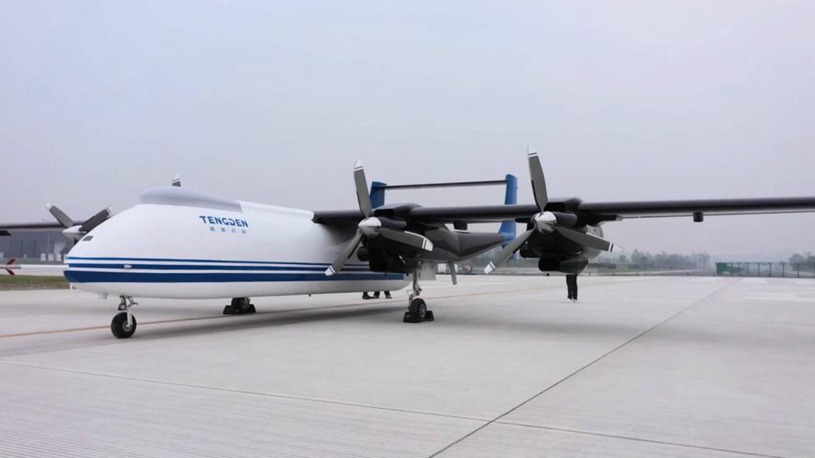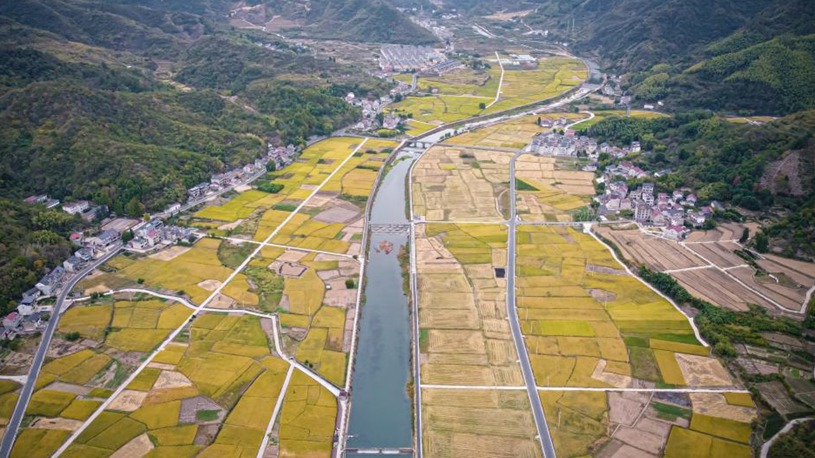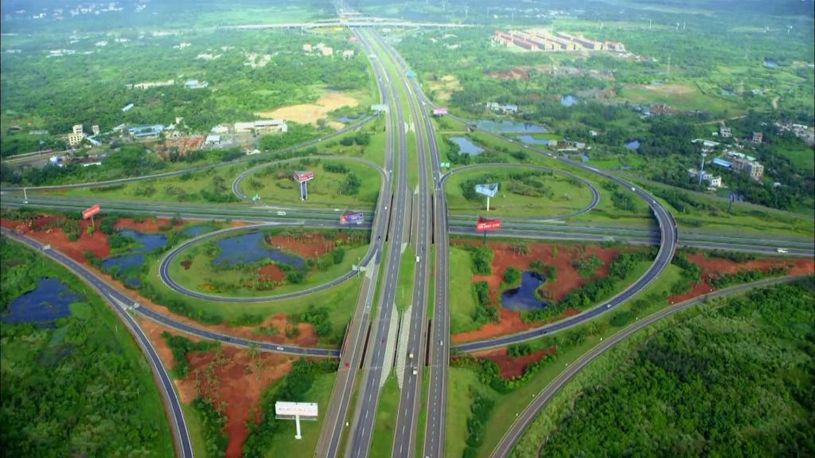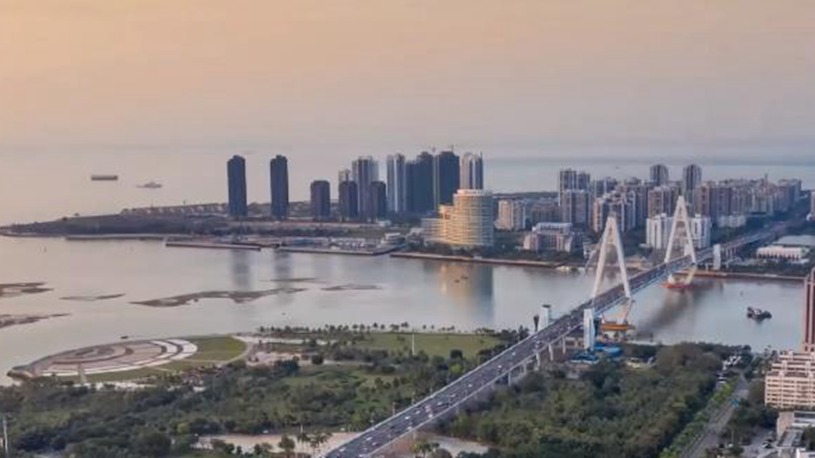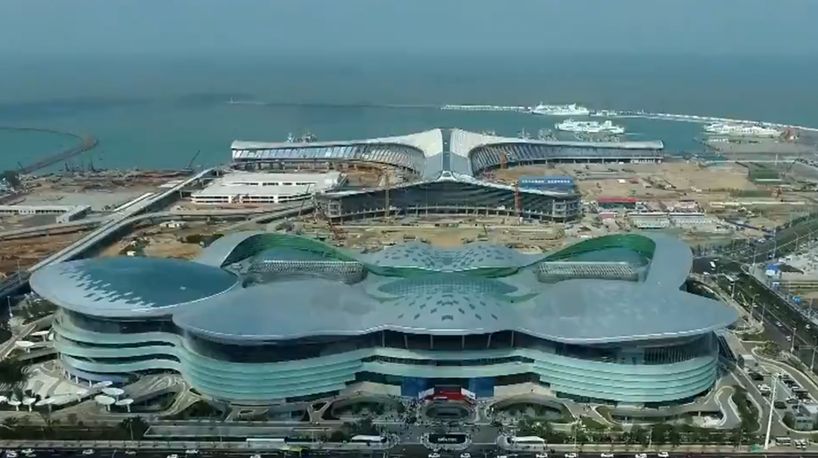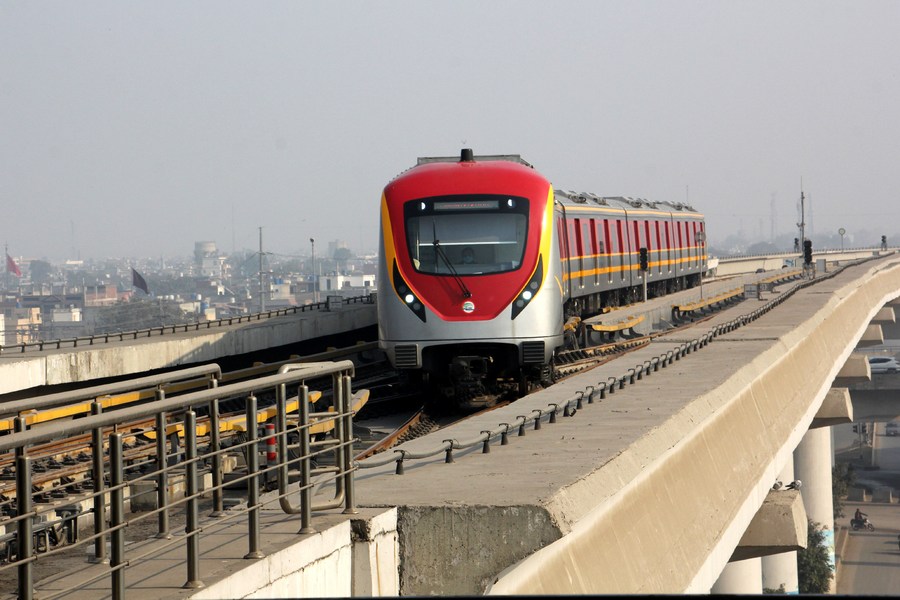
An Orange Line metro train pulls into the terminal station in Lahore, Pakistan, Dec. 29, 2021. (Photo by Jamil Ahmed/Xinhua)
An average of 120,000 people travel by Pakistan's Orange Line every day, which has 26 stations and covers a 27-km route, passing the areas where most middle-class people of Lahore lives.
by Misbah Saba Malik
ISLAMABAD, Oct. 30 (Xinhua) -- The Orange Line Metro Train (OLMT) built under the framework of the China-Pakistan Economic Corridor (CPEC) in Pakistan's east Lahore city brought a very positive change in the life of Mehak Idrees who takes multiple trips on the train every day.
Idrees is a mother of two and used to have to spend over 35,000 Pakistani rupees (158.10 U.S. dollars) a month on commuting. She now only needs to spend around 10,000 rupees for commuting expenses after taking the metro line.
"As a working woman I need to travel a lot within the city, and the OLMT makes me reach my office in time every morning and quickly takes me back to my kids after work. It is always on time and provides a very comfortable and secure environment for women because of its separate compartment where we can sit comfortably," Idrees told Xinhua.
She said the staff on the train are also well-trained and always ready to extend a helping hand.
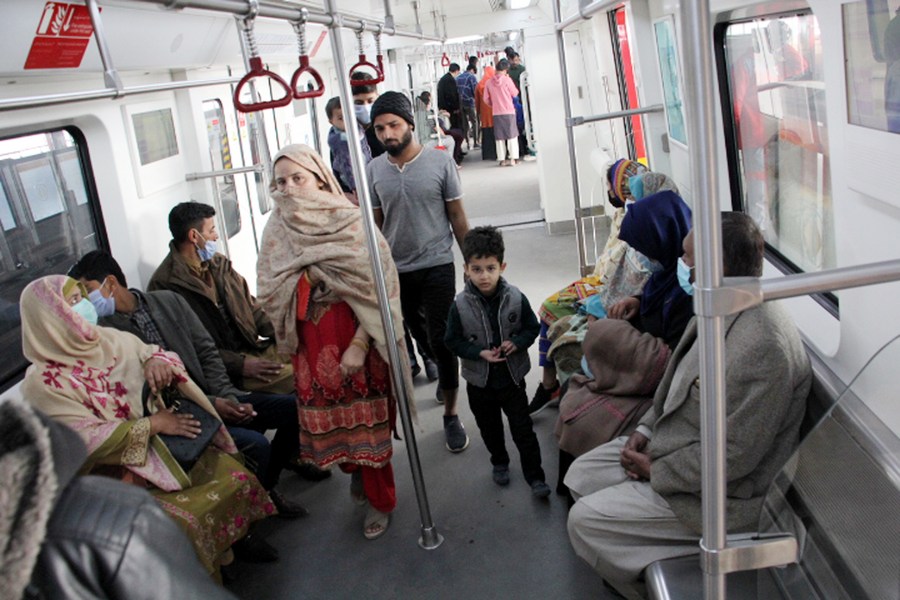
People take the Orange Line metro train in Lahore, Pakistan, Dec. 29, 2021. (Photo by Jamil Ahmed/Xinhua)
As an early-harvest project of CPEC, the Orange Line project was jointly constructed by China Railway Group Corporation and China North Industries Corporation, and it was put into operation on Oct. 25, 2020 in the capital city of Punjab province, making it Pakistan's first-ever mass rapid urban transit train service.
Talking to Xinhua, Li Chen, the general manager of Pakistan Lahore Metro Orange Line O&M Project, said that the project created over 90,000 employment opportunities for locals during the construction and operations phase of the project.
"We trained the first batch of the excellent local team who can independently operate these metro lines ... Right now, all operations, maintenance, and dispatching work are being done by locals, which is a remarkable achievement," Li said, adding that the punctuality rate of the Orange Line is 99.99 percent.
An average of 120,000 people travel by Orange Line every day, which has 26 stations and covers a 27-km route, passing the areas where most middle-class people of the city lives.
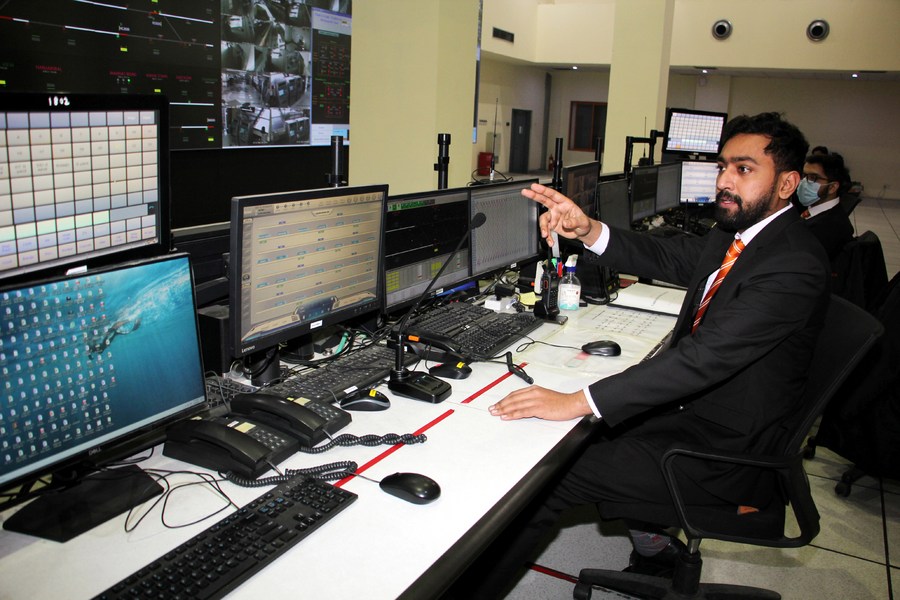
Mohammad Nauman works at the control room of the terminal station of the Orange Line in Lahore, Pakistan, Dec. 29, 2021. (Photo by Jamil Ahmed/Xinhua)
The trains start operations at 6 a.m. every day, convenient for students who prefer the OLMT to save time and get a hassle-free ride to school.
"It used to take me over 40 minutes to reach school due to slow traffic on roads during rush hours in the morning. When I started traveling by this train a year ago, I got a chance to sleep more in the morning as the train shrunk the distance and made me reach school in less than 10 minutes," Muhammad Hanan, a student in sixth grade, told Xinhua.
The train provides very comfortable ride with a central air conditioning system, the 10-year-old said.
The principal of Hanan's school Waqar Kayani said that a large number of students from his school travel by the train every day and it is having a very good impact on the health of the kids who now travel in a cleaner environment, making them perform better in school.
The principal added that there are a lot of small traffic accidents every day during peak hours of traffic due to over-crowdedness on the roads. "The train is very safe with zero accident records, so parents of the students rely more on this train service," he added.
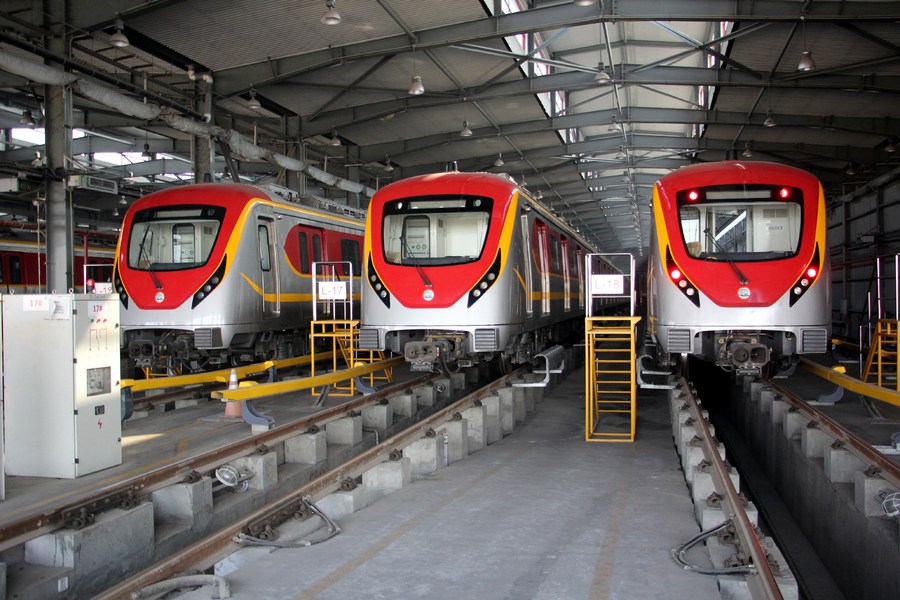
The Orange Line metro trains are seen at the terminal station in Lahore, Pakistan, Dec. 29, 2021. (Photo by Jamil Ahmed/Xinhua)
The train also passes by some of the cultural sites and historical places of the city, helping tourists to get to the sites easily and promoting tourism of the city known as the cultural hub of Pakistan.
The train is the epitome of China-Pakistan friendship and the economic cooperation under the framework of CPEC, said Li, the general manager.
"The project brought a lot of job opportunities, and people from both countries worked on the project, so the metro line connected China and Pakistan together. Everyone here can take the metro line and feel how CPEC really helps them in their career and makes their life better," Li said. ■


